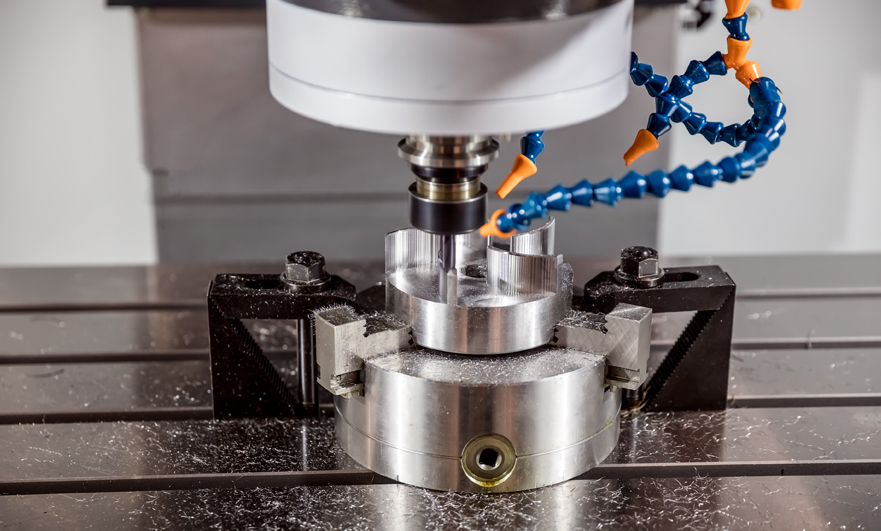In CNC manufacturing, the tool is positioned and guided by stepping or servo motors, and the precise movement is determined by the G code. However, some CNC machining and manufacturing need to be combined with other processes to achieve control or reduce costs. So what are their classifications and types? Let’s discuss it together below.
What is the CNC manufacturing machining?
The CNC manufacturing machining is defined as the use of equipment, equipment or natural reactions to make raw materials or components consistently and repeatedly transformed into finished products. This process is called the manufacturing process. The CNC manufacturing machining must also have established specifications to maintain coordination in all areas of production to achieve consistency and efficiency.

Classification of CNC machining manufacturing process
CNC machining and manufacturing processes are classified in different ways. The results of a quick Google search show that there are five manufacturing processes: repetitive manufacturing, discrete manufacturing, professional workshop manufacturing, process manufacturing (continuous), and process manufacturing (batch). But after we subdivide it into six categories: forming, casting, machining, and metal joining.
1. CNC machining
CNC machining is a subtractive machining technique in which a tool is used to remove material from a block material item. After using primary processes such as casting to produce parts, it is often used for secondary forming. Machining is a versatile process that can be used on a variety of materials, including metals, polymers, and wood. Drilling, turning, milling and reaming are all examples of machining.
2. Metal forming
Forming is the process of applying force or pressure on the material and obtaining the desired shape through plastic deformation, which can directly make useful articles. Wires, bars, cold drink bottles, and pipes are all made by metal forming processes. Hot processing technology includes forging, hot spinning, rolling, extrusion, hot drawing, etc. The cold working process includes cold forging, cold rolling, sheet metal processing, stamping, perforation, extrusion, notching, etc.
3. Casting
Casting is the process of putting liquid metal into a mold and allowing it to cool. This is called the main forming process. Usually, secondary operations are required, and primary processing cannot provide a complete finished product. Machining is one of the processes of processing main shapes into finished products. Parts or components must be refurbished in the mechanical workshop. It is used to provide the required shape and size for cylindrical and flat objects. The process of using a cutting tool to remove unwanted material from a workpiece is called machining. Its purpose is to provide the perfect size and ideal shape.
4. Metal connection
Metal connection is a process often used in our daily lives. The different subassemblies are connected together to obtain a fully assembled product. In the manufacturing process, connections are commonly used. Connection, like machining, is a secondary process. Connection methods such as welding, riveting, brazing, welding, and fastening are all different. These connection processes require the manufacture of airtight joints and semi-permanent fasteners. These connection technologies are very important for processing and manufacturing large components.
Summarize
Each manufacturing process is a process that requires rich manufacturing experience to reach a reasonable cost range. CNCMF is a CNC machining manufacturer with 11 years of processing experience. In order to ensure that each customer can get the best solution from it, we will be in DFM The analysis will help you avoid risks in advance and make reasonable processing plans.